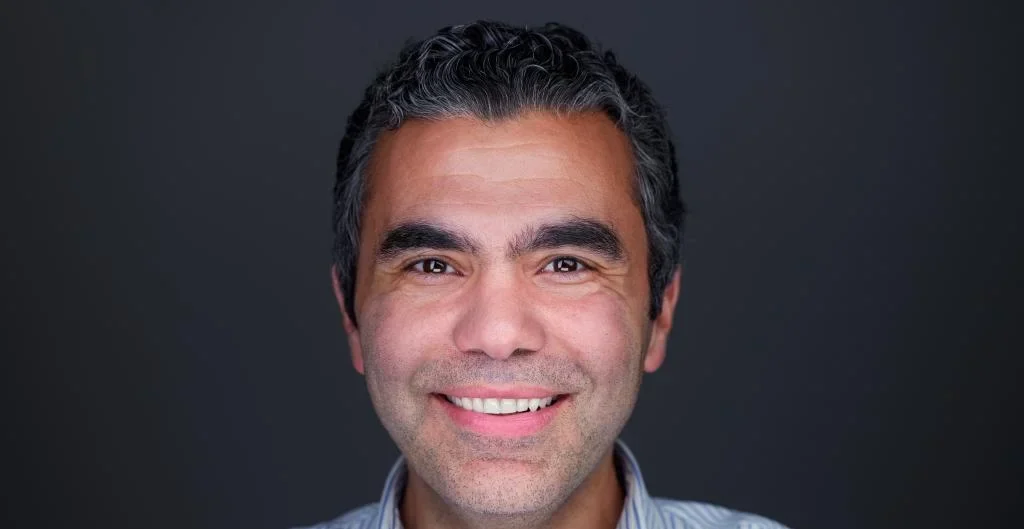Entrepreneurs and startups play an important role in deploying innovative commercial AI solutions. “Startups are leading the generative AI charge by experimenting with new applications across industries, pushing boundaries of what’s possible and advancing the technology’s potential,” Thomas Kurian, CEO of Google Cloud, said in a February research note.
Egypt is prioritizing the development of the country’s entrepreneurial ecosystem, aiming to become a regional innovation leader.
In September, Prime Minister Mostafa Madbouly created the Entrepreneurship Ministerial Committee to advise the government on policies to grow the entrepreneurship landscape. Amr El-Abd heads this committee and sat with Business Monthly for an interview highlighting the strategy to promote startups.
The interview was edited for clarity and length.
Business Monthly: What are the challenges local entrepreneurs face?
Amr El -Abd: The biggest challenge right now is access to funding. Egypt has very few venture capital firms of its own, and most of the region’s VCs rely on funds from Saudi Arabia and the U.A.E., leading them to prefer investments in those countries.
To foster a vibrant venture capital industry in Egypt, we need to establish [funding] programs. This is crucial because a thriving entrepreneurship ecosystem requires a robust venture capital landscape.
BM: How has the entrepreneurial landscape in Egypt changed since 2015?
El -Abd: It has been nothing short of a complete transformation. Ten years ago, Egypt’s entrepreneurship ecosystem was just beginning, with minimal investment and few startups. By 2017, venture capital investment in Egypt was about $20 million, with only one or two VCs and one accelerator. Fast-forward [almost] six years to 2024, and the ecosystem has grown by a multiple of 25, attracting $500 million annually.
Back then, funding rounds were primarily pre-seed and seed funding [early stage, high risk, high reward]. Today, companies are poised for growth with Series A, Series B and even Series C funding. Additionally, many companies are growing and expanding internationally.
Within the entrepreneurship ecosystem, the fintech sector has recently garnered the most momentum and interest, with most startups emerging in this space.
BM: How important is government support for entrepreneurship?
El -Abd: The government believes entrepreneurship is central to Egypt’s economic development. Since 2017, it has proactively supported the entrepreneurship ecosystem, establishing Egypt Ventures [along side] Fintech Accelerator.
After that, the first small “fund-of-funds program” was created under [the Micro, Small, Medium, Enterprise Development Authority] with the support of the World Bank. So far, the fund-of-funds has invested in 11 local and regional fund.
Other government efforts include establishing an entrepreneurship ministerial committee headed by the prime minister to investigate the challenges facing Egypt’s startup ecosystem and find solutions to build an attractive ecosystem where startups can thrive and grow.
BM: How can startups secure funding?
El -Abd: One outcome of the severe devaluation is that it has driven startups to expand and build products for local and international markets.
The best strategy for startups to secure investment is to generate dollar revenues. That means ensuring their products cater to international market demands.
Venture capital firms consider macroeconomic and currency risks when investing in startups. Thus, the mismatch between investment in dollars and revenue in pounds increases the risk premium for companies.




